Queensland Fresh S
For immediate release Wednesday 24 August 2016
The genome of bacteria resistant to all commercially available antibiotics has been sequenced leading the way to more tailored treatment of infections that will reduce hospital time and costs for patients.
Dr Brian Forde, a postdoctoral researcher in the Beatson lab at The University of Queensland, is one of ten 2016 Queensland Fresh Science finalists.
“Increasing antibiotic resistance in the number one global health issue today,” he says. “As more people use antibiotics the more the bugs or bacteria they treat become resistant to those antibiotics.
“We are seeing bacteria in hospitals rapidly evolve to become resistant to an antibiotic In response to treatment”
Dr Forde’s team used a state-of-the-art process called Single Molecule Real Time (SMRT) to decode the complete genome of the antibiotic-resistant superbug known as ‘Klebsiella pneuomoniae’, which causes infections such as pneumonia and meningitis.
“We were able to find the specific locations in that genome where antibiotic resistance was happening,” says Dr Forde.
Dr Forde says that hospitals could use the SMRT process to test infectious bacteria and very quickly determine which antibiotics they are resistant to.
“This means they could then treat patients with antibiotics that will work against that bacteria rather than using a broad spectrum of antibiotics.
“This is good news for the patient as they will heal sooner and it is good news for global health as it means less indiscriminate use of antibiotics leading to further resistance.
“I am excited by the tangible results of my research which has a real chance of changing how we approach and use antibiotics.
“Without antibiotics even simple medical procedures and infections, like a sore throat, could become life threatening. We need to tailor our use of antibiotics to prevent this from happening.”
Dr says the process already works at a research level: “It would be great to see the process used at a clinical level throughout hospitals in the next couple of years”.
Queensland Chief Scientist Dr Geoff Garrett congratulated Dr Forde and his team for their innovative process to map the genome of the antibiotic-resistant superbug.
“By turning to science, we can help our media practitioners deliver the best treatment possible and this science is making real advancement towards antibiotic resistance, which is a fight we need to win,” he says.
Fresh Science is a national competition helping early-career researchers find, and then share, their stories of discovery. The program takes up-and-coming researchers with no media experience and turns them into spokespeople for science, giving them a taste of life in the limelight, with a day of media training and a public event in their home state.
Queensland Fresh Science is supported by: Queensland Government; Queensland University of Technology (QUT); University of the Sunshine Coast (USC); The University of Queensland; and Econnect Communication.
A short video is available explaining Brian’s work
We can provide photos and broadcast quality footage of Brian at work.
For media, video and photography assistance:
Jenni Metcalfe, jenni@econnect.com.au; phone: 0408 551 866
For interview:
Dr Brian Forde, b.forde@uq.edu.au, phone 0404 003 746
The School of Chemistry and Molecular Biosciences, University of Queensland

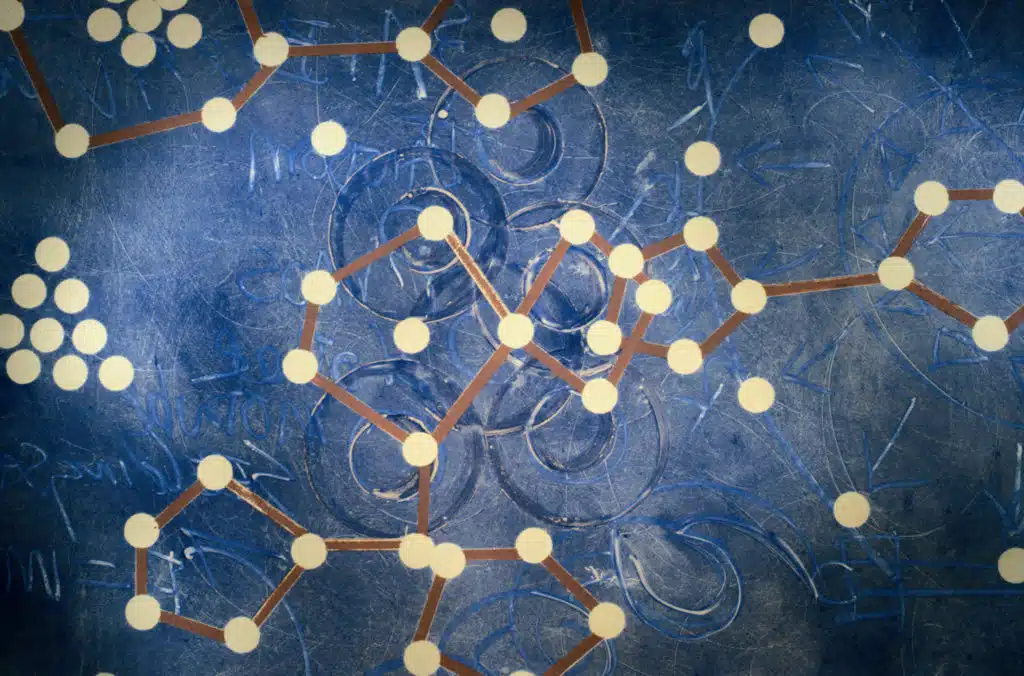
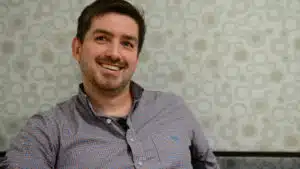
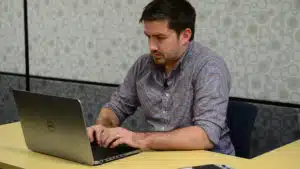
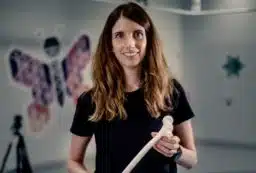
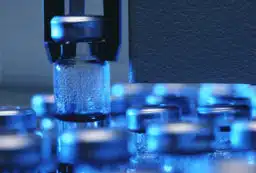
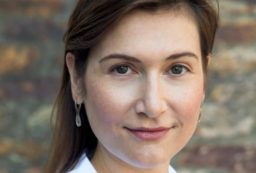
 Fresh Science is on hold for 2022. We will be back in 2023.
Fresh Science is on hold for 2022. We will be back in 2023.